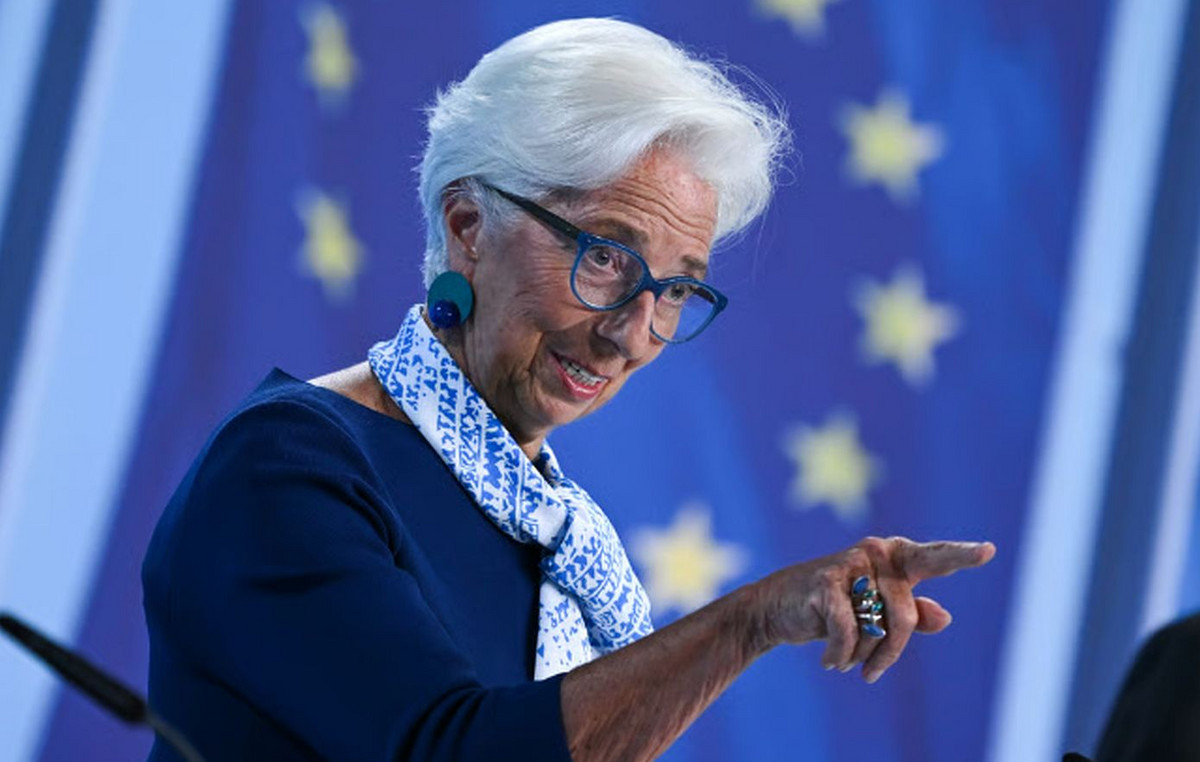He Research and Statistics Department of the Bank of Japan (BoJ) released the following four measures of core inflation in line with Japan's official monthly CPI release: the diffusion index of increasing/decreasing items, the trimmed mean, the mode, and the weighted median.
According to BoJ measures, the trimmed average of core inflation stood at 2.3% in February, compared to 2.6% in Januaryand was substantially lower than the peak of 3.4% reached in September of last year.
Market reaction
Following the release of the data, the USD/JPY pair fell 0.04% on the day and stood at 151.35.
Frequently asked questions about the Bank of Japan
What is the Bank of Japan?
The Bank of Japan (BoJ) is the Japanese central bank, which sets the country's monetary policy. Its mandate is to issue banknotes and carry out monetary and currency control to ensure price stability, which means an inflation target of around 2%.
What has been the policy of the Bank of Japan?
The Bank of Japan has embarked on ultra-loose monetary policy since 2013 in order to stimulate the economy and fuel inflation amid a low inflation environment. The bank's policy is based on Quantitative and Qualitative Easing (QQE), or printing of banknotes to buy assets such as government or corporate bonds to provide liquidity. In 2016, the bank doubled down on its strategy and further relaxed policy by first introducing negative interest rates and then directly controlling the yield on its 10-year government bonds.
How do the decisions of the Bank of Japan influence the Japanese Yen?
The Bank of Japan's massive stimulus has caused the Yen to depreciate against its major currency pairs. This process has been exacerbated more recently by a growing policy divergence between the Bank of Japan and other major central banks, which have opted to sharply raise interest rates to combat inflation levels that have been at record highs for decades. The Bank of Japan's policy of keeping rates low has caused the differential with other currencies to increase, dragging down the value of the Yen.
Will the Bank of Japan change its ultra-loose policy soon?
The weakness of the Yen and the rebound in global energy prices have caused a rise in Japanese inflation, which has exceeded the 2% target set by the Bank of Japan. Even so, the Bank of Japan judges that sustainable and stable achievement of the 2% objective is still not in sight, so a sudden change in current monetary policy seems unlikely.
Source: Fx Street
I am Joshua Winder, a senior-level journalist and editor at World Stock Market. I specialize in covering news related to the stock market and economic trends. With more than 8 years of experience in this field, I have become an expert in financial reporting.







